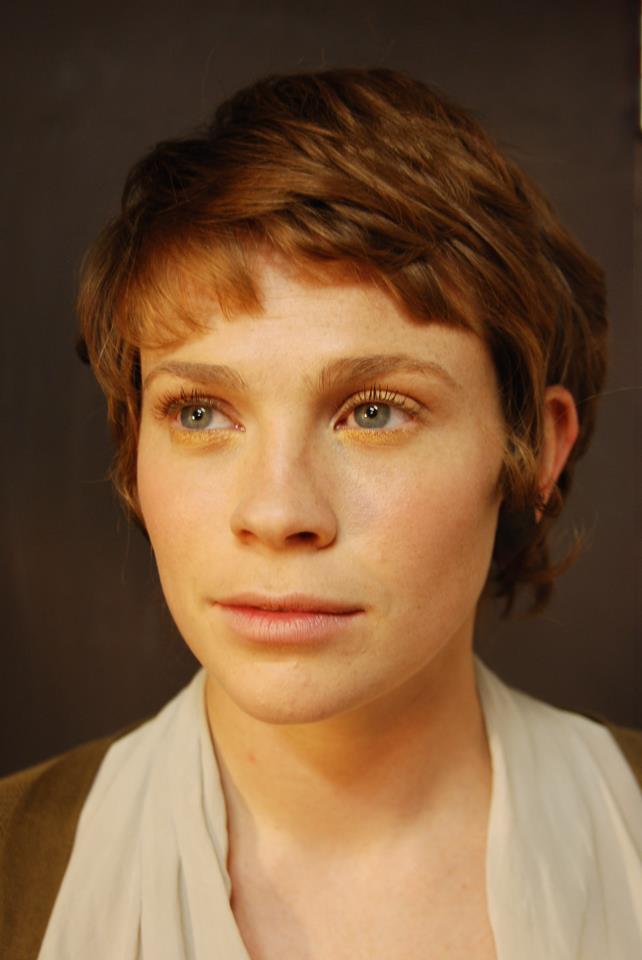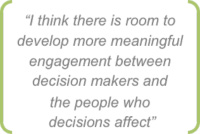

Kate Stone
Kate Stone has an LLB and a BA with Honours in Political Science from Victoria University. To date her general area of research has been in public law, in particular constitutional reform and citizenship participation. In the political science discipline she has also written on regionalism in the Pacific. Currently she is doing an LLM on the use of tikanga to address the disproportionate representation of Māori youth in the criminal justice system.
What three issues facing youth today do you feel particularly strongly about?
Environmental degradation and climate change has to be the quintessential intergenerational issue. How our communities – local, national and global – deal with these challenges today has the potential to seriously limit our choices in the future. So no matter what course of action we take on these issues I think it is important to have the voice of the next generation in on the conversation and the decision-making.
In order to participate meaningfully in such debates, young people need to have certain learning and skills. It is vitally important that we have a high quality, accessible and nurturing education system that will equip young people to tackle complicated issues such as climate change. Participation in decision-making, and access and success in education should be available to all.
The third, but in some ways most fundamental issue facing young people today is the growing disparity between peoples in Aotearoa and across the globe. Not only does such disparity threaten great social costs, but we stand to lose the wealth of diversity that supporting all people from all walks of life would bring to our decision-making and learning. Our rangatahi (young people) represent the most diverse generation Aotearoa has ever seen – and we are only going to get more diverse. This diversity needs to be a source of strength, not division and disparity.
What changes would you like to make to the way New Zealand is governed?
I think there is room to develop more meaningful engagement between decision-makers and the people who decisions affect. I believe this requires changes in several areas, including our education system and the provision of civic education, our media, and our more formal decision-making processes.
What actions, if any, are you planning to contribute to the constitutional review?
I think it is vitally important that young people are engaged with this review. I will be making a concerted effort to speak to and connect with young audiences on the issues at stake and the practical ways they can have their say.

